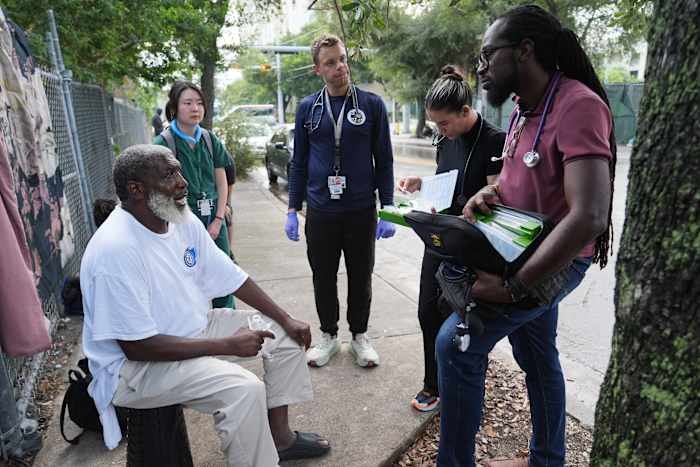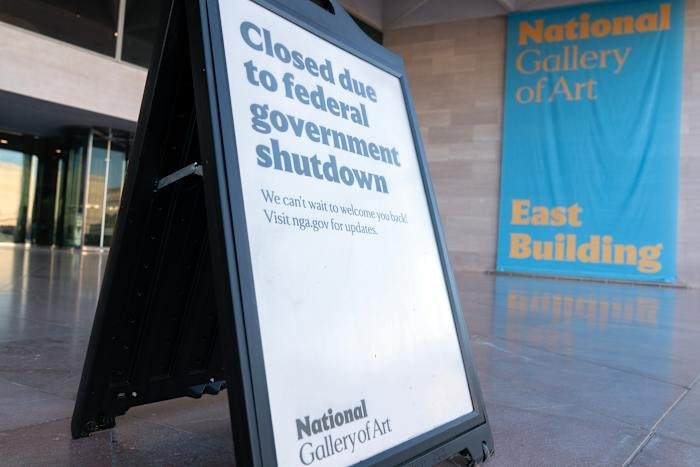Introduction
America’s relationship with alcohol is changing. For decades, many adults believed that a nightly glass of wine was not just harmless, but actually beneficial to heart health. However, a new Gallup poll reveals that growing numbers of Americans are questioning old assumptions about alcohol. The poll’s findings suggest that warnings about the potential health risks—even from moderate drinking—are hitting home. Here in Orlando, these shifting attitudes are reflected in our community’s changing habits, nightlife trends, and even health initiatives. Let’s dive into the reasons behind this nationwide reconsideration and what it means for Orlando residents.
1. The Gallup Poll: What Americans Are Saying
Gallup’s recent poll highlights a significant shift in Americans’ views on alcohol consumption. According to the survey, a record number of respondents now believe that even small amounts of alcohol can be unhealthy. This marks a departure from years past, when the supposed benefits of red wine and moderate drinking were widely accepted. The poll also found that fewer Americans are drinking alcohol regularly, and more are expressing interest in “sober curious” lifestyles—opting for alcohol-free socializing or limiting their intake significantly.
In Orlando, this trend can be seen in the rising popularity of sober bars and alcohol-free events. Local businesses are adapting, with many restaurants now offering creative mocktail menus and non-alcoholic craft beverages. The shift is not only about health, but also about inclusivity, giving everyone in the community a chance to socialize without feeling pressured to drink.
2. Why Is Attitude Toward Alcohol Changing?
The change in perspective is largely driven by new research on the health effects of alcohol. Over the last few years, major health organizations—such as the World Health Organization and the American Heart Association—have cautioned that even moderate drinking can increase the risk of cancer, liver disease, and other health conditions. These warnings contradict earlier studies that suggested red wine could support cardiovascular health. Now, experts emphasize that no amount of alcohol is truly risk-free.
Additionally, the COVID-19 pandemic brought heightened awareness to health and wellness. Many Orlando residents began re-evaluating their daily habits, including drinking, as part of a broader effort to stay healthy. Mental health awareness has also played a role, with more people seeking ways to manage stress and anxiety without turning to alcohol. The rise of “Dry January” and similar challenges in Orlando has further encouraged residents to take breaks from drinking and assess the impact on their wellbeing.
3. Impacts on Orlando’s Social Scene
Orlando’s vibrant nightlife and tourism industry have long been associated with bars, happy hours, and craft breweries. However, the Gallup poll’s findings are influencing how locals and businesses approach socializing. Many Orlando bars and restaurants now offer non-alcoholic alternatives, catering to patrons who want to enjoy a night out without drinking.
Sober pop-up events and alcohol-free festivals are gaining traction, providing more options for families, young professionals, and those in recovery. Even local breweries are experimenting with alcohol-free beers, reflecting a growing demand. For Orlando’s many theme parks and entertainment venues, expanding non-alcoholic beverage options has become a way to attract a broader audience and demonstrate a commitment to guest wellbeing.
These changes are making Orlando’s social scene more inclusive and accessible—something locals appreciate as the city continues to grow and diversify.
4. Health Initiatives and Community Resources
The shift in attitudes is also reflected in local health initiatives. Orlando’s healthcare providers and wellness centers have started offering more resources related to alcohol education and moderation. Programs promoting healthy choices, substance abuse counseling, and support groups are becoming more visible in the community.
Schools and universities in the Orlando area are implementing educational campaigns to inform students about the risks of alcohol use and encourage responsible choices. Local government and nonprofits are collaborating to offer resources for those who want to reduce their drinking or seek help for alcohol dependence.
For Orlando residents looking to cut back, there are now plenty of options—from group fitness classes that foster sober socializing to online communities and apps that track progress and provide encouragement. These resources are helping people make informed decisions about their health and lifestyle.
Conclusion
The latest Gallup poll shows a clear shift in how Americans think about alcohol, and Orlando is no exception. With more awareness about the risks—and more support for those choosing to drink less or not at all—our city is adapting to these new attitudes. Whether it’s enjoying a mocktail at a local bar or participating in a sober-friendly event, Orlando residents have more opportunities than ever to make choices that align with their health and values.
What do you think about these changing attitudes toward alcohol? Have you noticed any shifts in your own habits or in Orlando’s social scene? Share your thoughts in the comments below—we’d love to hear from you!
















